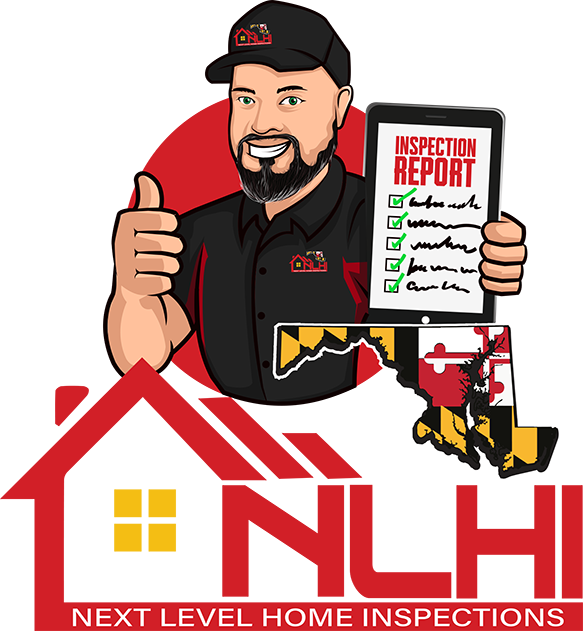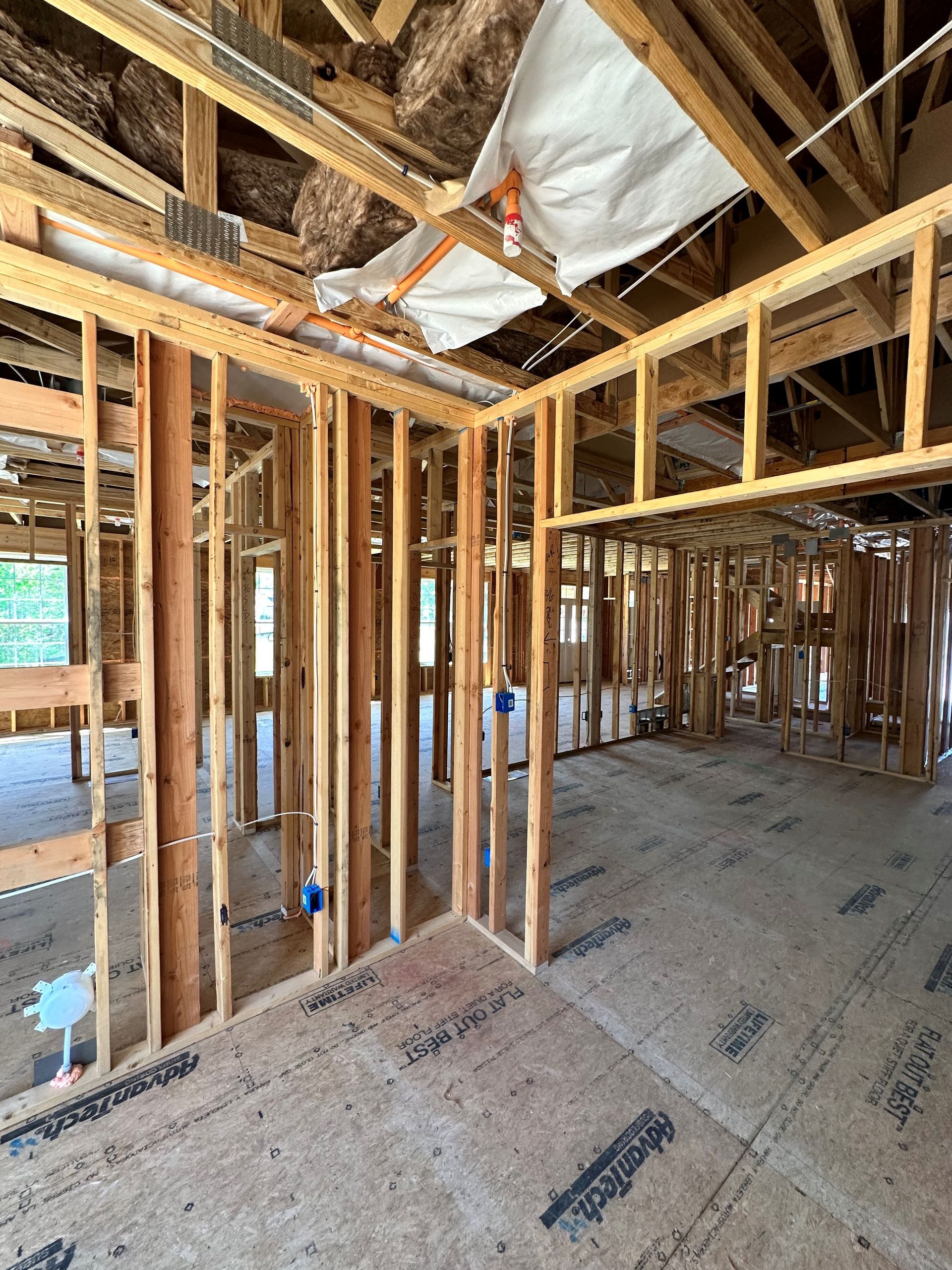Pre Drywall Inspection
Pre Drywall Inspection Services in Maryland
A sort of home inspection known as a pre-drywall inspection is carried out after the framing and rough mechanical, electrical, and plumbing (MEP) systems have been installed, but before the drywall is hung on the walls. Before the framing of the house and the MEP systems are covered with drywall, which would render them unreachable for further inspections, the purpose of the inspection is to verify that they have been installed appropriately and in accordance with applicable regulations.
The components of a pre-drywall examination are broken down into the following steps for your reference:
Step 1: Pick an experienced professional as your house inspection.
When doing the pre-drywall examination, it is essential to select a house inspector that is both qualified and experienced in the field. The inspector needs to possess a valid license, proof of insurance, and previous experience examining homes that have recently been built. Before hiring an inspector, it is recommended to check their credentials as well as any recommendations they may have received.
Step 2: Make an appointment for the inspection.
The pre-drywall inspection should be scheduled with the builder as soon as a qualified inspector has been selected, and the buyer should do so. After the framing and rough MEP systems have been completed, but before the drywall has been hung, the inspection needs to be scheduled.
Attend the inspection as the third step.
The prospective purchaser needs to be there for the pre-drywall inspection in order to tag along with the inspector and pose any inquiries or concerns that they might have regarding the property. The frame and rough MEP systems, such as the electrical, plumbing, and HVAC systems, will be inspected by the inspector.
Step 4: Read over the report of the inspection.
Following the completion of the inspection, the inspector will present the buyer with a comprehensive report that describes any concerns or issues that were discovered throughout the course of the examination. It's possible that the report will include offer recommendations for maintenance or repairs. Before the drywall is hung, the buyer should take the time to thoroughly go over the report, make sure they understand the problems that have been found, and decide which maintenance or repairs need to be completed.
Step 5: Deal with any problems that have been highlighted in the report.
After the problems have been discovered, the buyer is responsible for deciding whatever maintenance or repairs need to be completed before the drywall is hung. It is strongly suggested that any severe problems that might compromise the home's structural integrity, use, or safety be resolved as soon as possible. Additionally, the buyer should take care of any minor problems or repairs that might interfere with their pleasure of or ability to use the home.
Step 6: Collaborate with the builder to find solutions to any problems.
During the pre-drywall inspection, the buyer is responsible for working with the builder to find solutions to any concerns or problems that are discovered. It is possible that the builder will be liable for completing any necessary repairs or changes before the drywall is hung. Alternatively, the builder may pay the customer compensation or concessions.
Advantages of Getting a Pre-Wallboard Inspection
An assessment of the drywall prior to installation provides consumers with various benefits, including the following:
Early problem detection: If a buyer is able to detect any flaws or problems with the home's framing and rough MEP systems at an early stage, they will have the opportunity to repair these concerns before they become more significant or expensive.
A pre-drywall inspection can be helpful in ensuring that the framing of the home and the rough MEP systems are installed appropriately and in accordance with applicable building codes.
Protecting the investment: A pre-drywall inspection can assist the buyer in protecting their investment by detecting any difficulties or concerns that may have an effect on the value of the home or its prospects for resale.
When a buyer takes care of any flaws or problems as soon as they arise, they reduce the likelihood that they will require expensive repairs or maintenance in the future.
Providing the buyer with increased peace of mind: A pre-drywall inspection can give the buyer with increased peace of mind by ensuring that the home's framing and rough MEP systems are constructed correctly and in accordance with local building codes.
Next Level Home Inspections is a family owned and operated business capable of providing full home inspections in Maryland that include radon and water testing as well as drone and thermal imaging.
NAVIGATION
Next Level Home Inspections is a family owned and operated business capable of providing full home inspections in Maryland that include radon and water testing as well as drone and thermal imaging.
NAVIGATION
LOCATION

